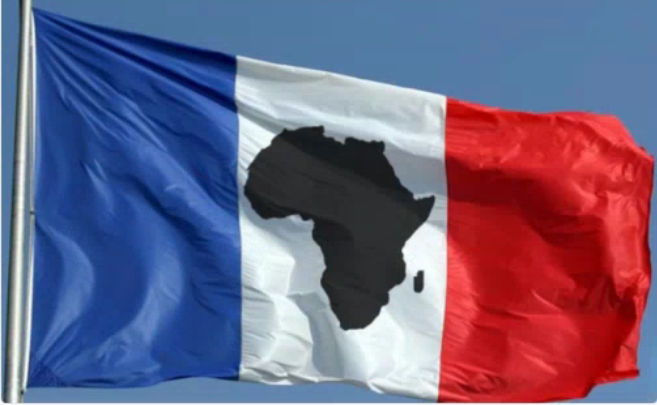Africa: A look at the erosion of French influence on the continent

The strategic landscape of West Africa is undergoing a dramatic shift as countries sever long-standing military ties with France. Following the withdrawal of French troops from Mali, Niger, and Burkina Faso, Senegal has taken the bold step of closing its French military base and ending its defense cooperation with Chad.
Côte d’Ivoire appears poised to follow suit, signaling a broader regional movement towards autonomy and self-determination.
This wave of disengagement reflects a deliberate effort by African nations to break free from the vestiges of neo-colonial influence.
Spearheaded by visionary leaders and inspired by the stance of the Sahel States Alliance (AES), these countries are challenging decades of unequal partnerships with France and other Western powers.
The message is clear: Africa seeks to redefine its place on the global stage by asserting its independence in military and political affairs.
Across the continent, citizens have rallied behind these decisions, viewing them as a long-overdue assertion of dignity and sovereignty.
The rejection of foreign military bases resonates deeply with populations demanding governance that prioritizes local interests and respects national autonomy.
Analysts see this shift not just as a political statement but as a direct response to popular calls for a new era of equitable partnerships.
As Africa reclaims control over its future, France faces mounting challenges to maintain its influence.
This realignment may lead to a recalibration of geopolitical alliances, paving the way for new forms of cooperation rooted in mutual respect and shared objectives.
Cédric KABORE











